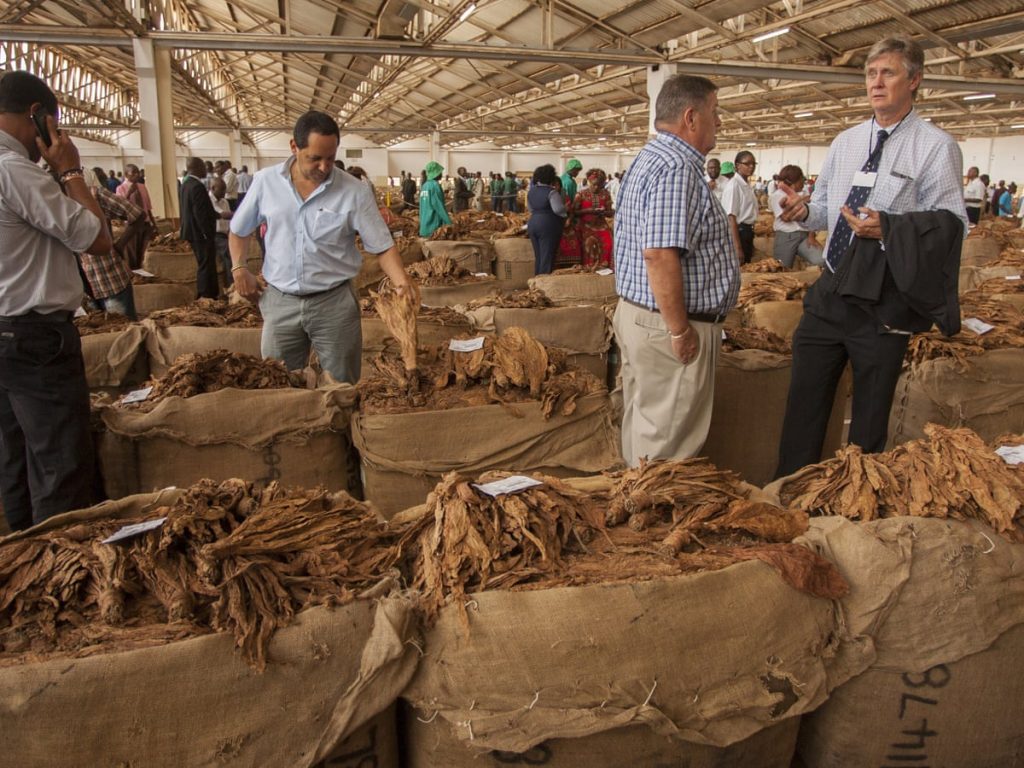Exports value on the decline
The value of exports of some of the country’s key commodities continue to decline, a development industry stakeholders say needs huge investment to reverse this trend.
Published data from the National Statistical Office (NSO) shows that among others, exports of tobacco, the county’s main foreign exchange earner, are projected to have declined to K5.8 billion as at February 2023, from K22.5 billion the same period the previous year.

On the other hand, the export value of tea, sugar, coffee as well as pulses, ground nuts, cashews and macadamia nuts are projected to drop to K5.8 billion, K87.9 million, K89.3 million, K771.4 million and K2.1 million from K6.5 billion, K608.7 million, K79.6 million, K1.1 billion and K3.4 million during the review period, respectively.
However, natural rubber export value is projected to have increased to K478.6 million from KK401.3 million realised during the same period last year while wood (sawn and plied), despite being exported the same period the previous year at the value of K316.1 million, had no exports during the review period.
This is, however, despite projections pointing to a narrowing trade balance, projected at negative K44.3 billion as at February 2023, from negative K140.9 billion recorded the same period the previous year.
In an interview yesterday, Malawi Confederation of Chambers of Commerce and Industry president Lekani Katandula said there is need to invest in improved productivity and resilience to urgently reverse this “worrying” trend.
He said: “It is sad to see so many export lines declining when we need more exports, but not surprising as all these are agricultural products and cyclones Ana and Freddy wreaked havoc on agricultural productivity.”
In recent years, Malawi has failed to sustain its export trade, opting for traditional products and cheap labour.
The dwindling export values, happening when Malawi is grappling with foreign exchange challenges, comes at a time when the Ministry of Trade and Industry has been pursuing a number of policies and strategies to boost exports, including the National Export Strategy II as well as the commencement of trading under African Continental Free Trade agreement, which is a market of 1.2 billion people with an estimated $3 trillion in combined gross domestic product, to enhance its exports.
Malawi has also been banking on the Buy Malawi Strategy, launched six years ago to enhance competitiveness of local firms, stimulate local production, promote industrialisation and enhance import substitution.
National Working Group on Trade and Policy chairperson Frederick Changaya earlier observed that Malawi needs policies that would diversify the economy away from rain-fed agriculture into economic activities that have increasing returns, rising wage rates and growing output.
Last week, the Reserve Bank of Malawi said there is a need to diversify the economy, particularly on export earnings, to manage exchange rate movements.
The reaction by the central bank came days after the kwacha marginally fell by three percent from K1 063 to the United States dollar to K1 095, the second fall in two months.





